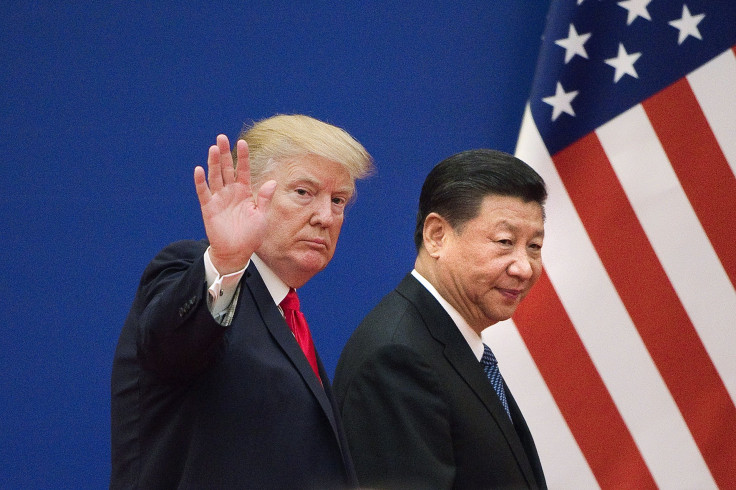US Tariffs Will Test China’s Capacity To Manage Its Economy: JP Morgan

The upcoming 10 percent U.S. tariffs on Chinese goods in September and December as part of the trade war will be a test on China’s capability to prop up its sagging economy, according to an expert.
This was stated by a leading economist from J.P. Morgan. He said it is unclear how Beijing will tackle the headwinds emanating from the new tariffs and prop up the economy.
China’s economic growth is already under stress. Beijing has said its GDP expanded 6.2 percent in the second quarter this year. That was the weakest growth rate in the last 27 years.
So far so good but tackling the latest damage matters
Bruce Kasman, head of global economic research at the investment bank told CNBC that ever since the tariff war that began mid-2018, China used monetary as well as fiscal policies to offset the economic damage from the elevated U.S. tariffs.
Indeed China has been somewhat successful in covering the bruises and ensuring that those measures worked.
“I think it’s encouraging to see they’ve been moving on multiple fronts, it’s encouraging to see that it’s having some effect on the economy,” Kasman told CNBC’s “Squawk Box.”
“But boy, we just haven’t seen how far the latest damage is going to be,” he added.
Trump believes U.S tariffs hurting China’s economy
President Donald Trump also believes China’s economy is choking under trade war tariffs and the “longer it goes on, the stronger we get.”
The JP Morgan expert academically endorses Trump’s estimate that extra tariffs with regularity will hammer China’s economy that thrives on exports. Branding China as a currency manipulator was another strategy by Trump in recent times to deny any advantage from weakening yuan rates Vs dollar.
In early August, Trump broke his truce with China President after their June meeting in Osaka and slapped an additional 10 percent tariff on $300 billion of Chinese goods starting Sept. 1.
That Trump news was a signal to China that Trump is not linking a trade deal with the 2020 poll and is aiming for a long haul.
A week later, the United States Trade Representative Office removed some items from the list and delayed implementation of new tariffs on some other products until Dec. 15.
The China news on that front was a warning from Beijing that it “will have to take necessary countermeasures” if the U.S goes ahead with the plan to impose a 10 percent tariff on roughly $150 billion worth of imports from China starting September 1.
Business confidence hurt, 40 percent chance of recession
In the view of the JP Morgan economist, there is a 40 percent chance of a global recession in the next six to nine months. The trade war is one of the contributing factors.
“I think we have a heightened risk of recession. There is the intensification of the big drag in the global economy this year: The falling business confidence related to geopolitical concerns, particularly trade conflicts,” he said.
Trade deal unlikely
Meanwhile, Liz Ann Sonders, chief investment strategist and a senior vice president at Charles Schwab & Co ruled out a trade deal between the United States and China to end the protracted trade war.
“Too much damage has been done on the perception of both sides to expect a deal that was hoped for even a few months ago,” she told Yahoo Finance.
Noting that time has come for investors not to be swayed the tweets of the U.S. President and the Chinese government, she said trading around short-term news items makes no sense at all.
Even while agreeing that the U.S. economy is still fundamentally strong, Sonders said investors will have to play with longer time horizons so that a connection between prices and fundamentals is established.
At the same time, she said, warning signs on the economy are hard to ignore.
One major worry is the decline of manufacturing in the U.S., “which is already in recession globally.”
Sonders says the negative news on manufacturing could eventually filter into the hard data and affect the consumer even if takes a longer time.
© Copyright IBTimes 2024. All rights reserved.




















